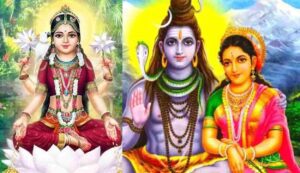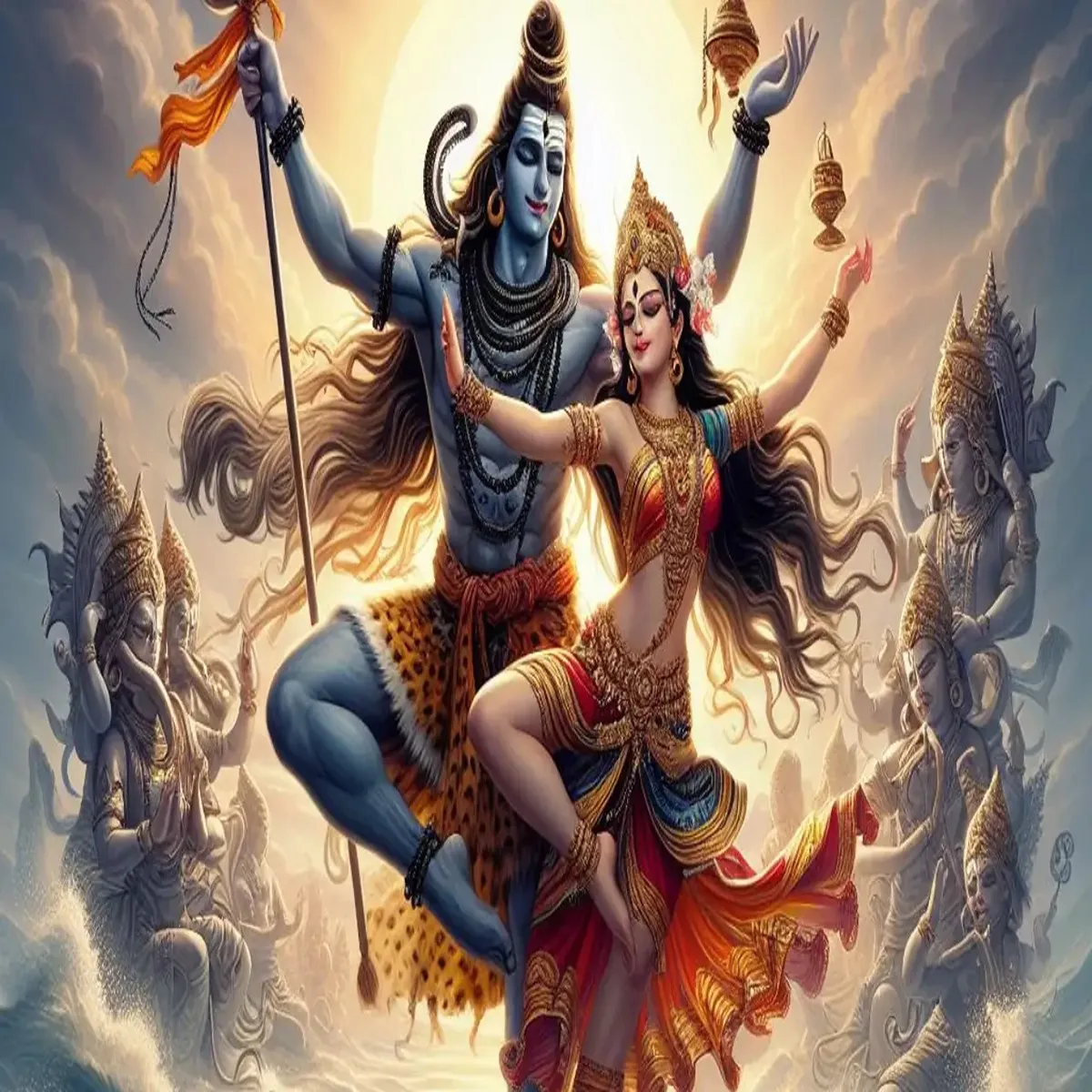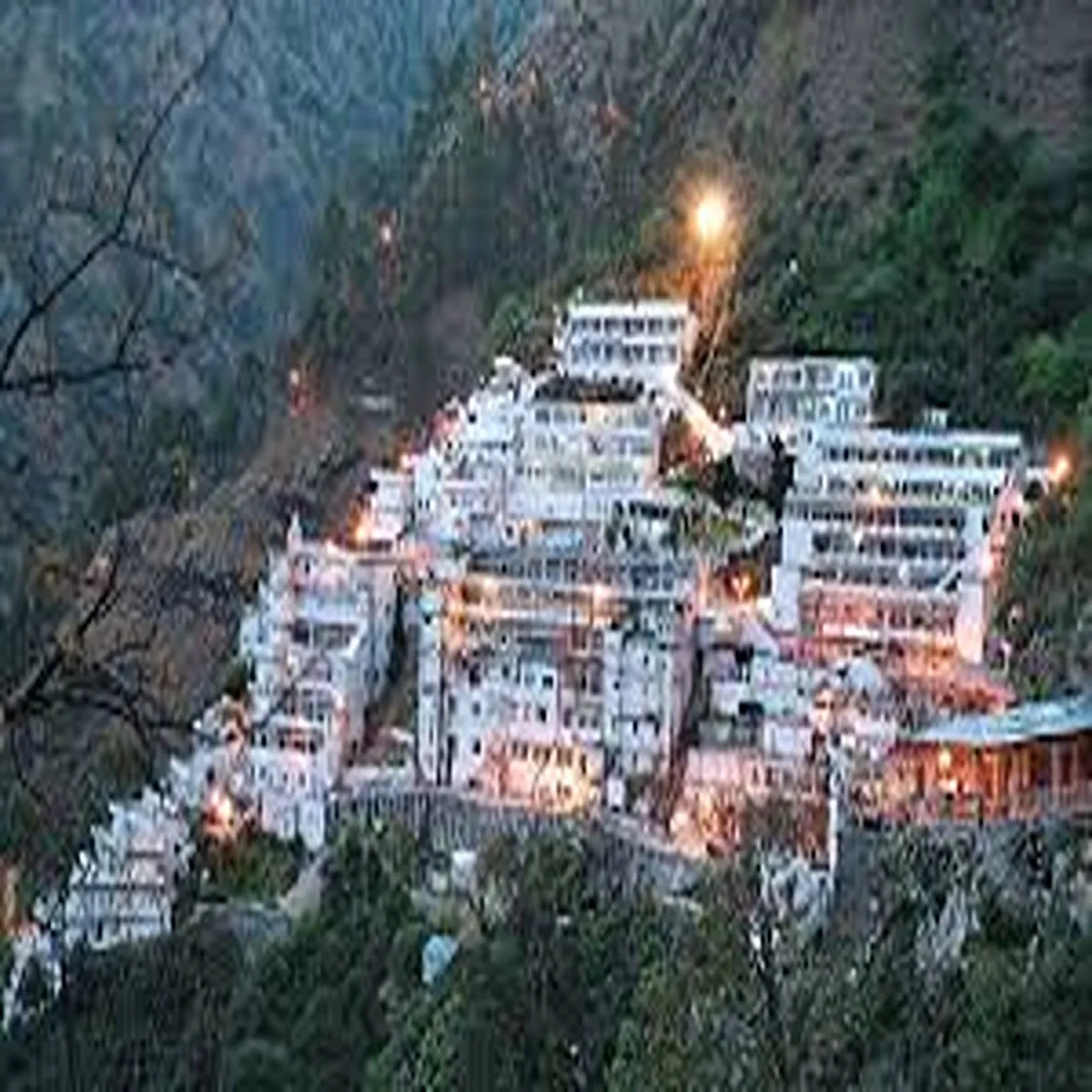Ashok Sundari: The name of Lord Shiva’s daughter is hidden in mythology, she was born from Kalpavriksha
Ashok Sundari: Ashok Sundari was the daughter of Lord Shiva. However, Jaya, Vishhar, Shamilbari, Deva and Dotali were among the other daughters of Mahadev who were considered as Nagakanyas. Ganeshji’s sister is Ashok Sundari, who was considered the daughter of Lord Shiva and Parvati. King Nahush was her husband.

According to Padmapuran, Ashok Sundari is a Devkanya. In fact, a tree named Kalpavriksha created Ashok Sundari to relieve the loneliness of Mother Parvati. Mother Parvati once requested Lord Shiva to see the most beautiful garden in the world. After this, Lord Shiva brought his wife, Parvati, to Nandanvan. There, Mother took the tree to Kailash after getting tied to Kalpavriksha.
A tree that fulfills wishes is Kalpavriksha. Parvati prayed to that tree for a daughter to relieve her loneliness. Then Kalpavriksha gave birth to Ashok Sundari. That girl was blessed by Mother Parvati to marry a strong young man like Devraj Indra.
With the effect of this boon, once when Ashok Sundari and her ladies were roaming in Nandanvan, a demon named Hund appeared. He was fascinated by Ashok Sundari’s beauty and proposed marriage to her.
On her boon and marriage, Ashok Sundari said that she would marry only Nahush. Hearing this, the demon said that he would kill Nahush. When Ashok Sundari heard this, she cursed that terrible demon, saying that only Nahush would be the cause of your destruction. Hearing this, the demon became frightened. Then he kidnapped Prince Nahush. However, a demon’s maid named Hund saved Nahush.
Thus, Nahush was raised in the ashram of Maharishi Vashishtha and he killed Hund. After this, Ashok Sundari and Nahush got married. After marriage, Ashok Sundari had a hundred beautiful daughters and a brave son named Yayati. One of the Chakravarti Emperors of India, Yayati ruled the entire country with his five sons. The names of his five sons were Puru, Yadu, Turvas, Anu and Druhu. They are called Panchananda in the Vedas.

